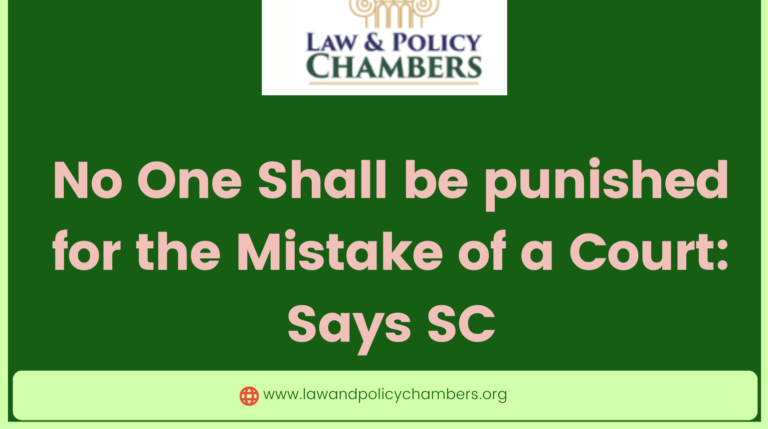If a High Court converts a Writ into Appeal, what happens to Limitation ?
Here is a good judgment which addresses this issue:
The brief factual background of a recent judgment of the Supreme Court is that the petitioner filed a departmental appeal against his dismissal order which was turned down by the department. Feeling aggrieved, he approached the High Court instead of the Federal Service Tribunal. The High Court turned the writ petition into appeal deemed to be pending before the FST. However, the FST after affording ample opportunities to the parties, dismissed the appeal as being time bared within the meaning of limitation. The petitioner approached the SC, filing CPLA, against the order of the FST.
The Supreme Court in its 5 pages order in CIVIL PETITION NO.2467 OF 2020, after referring to two precedents, held that the Supreme Court as well as the High Courts have ample powers to convert one type of proceedings into another. When the High Court deemed it appropriate to convert the writ petition of the petitioner into appeal deemed to be pending before the FST, it should not have been treated as a separate appeal. It should have been accepted with a continuing cause of action from the date when the writ was instituted in the High Court.
The Court also quoted a Latin maxim, “Ex Debito Justitiae”, which means, as a mater of right or what a person is entitled to as of right. The courts shall treat differently the remedies which are available to a person as of a right than those which are not available as of right but court has to exercise its discretionary powers to grant them. When the High Court treated the petition as an appeal before the FST, it should have so been treated by the FST as it is a statutory remedy available to a person as of right. The courts and tribunals are duty bound to grant this remedy of the circumstances and the law favor the aggrieved person. The Court further stated that no one shall be punished nor his rights shall be prejudiced by the mistake of a court or tribunal.
At the end the Court set aside the order passed by FST and remanded the case back to the FST to decide it on merits.
The judgment can be downloaded from the link below:
c.p._2467_2020




